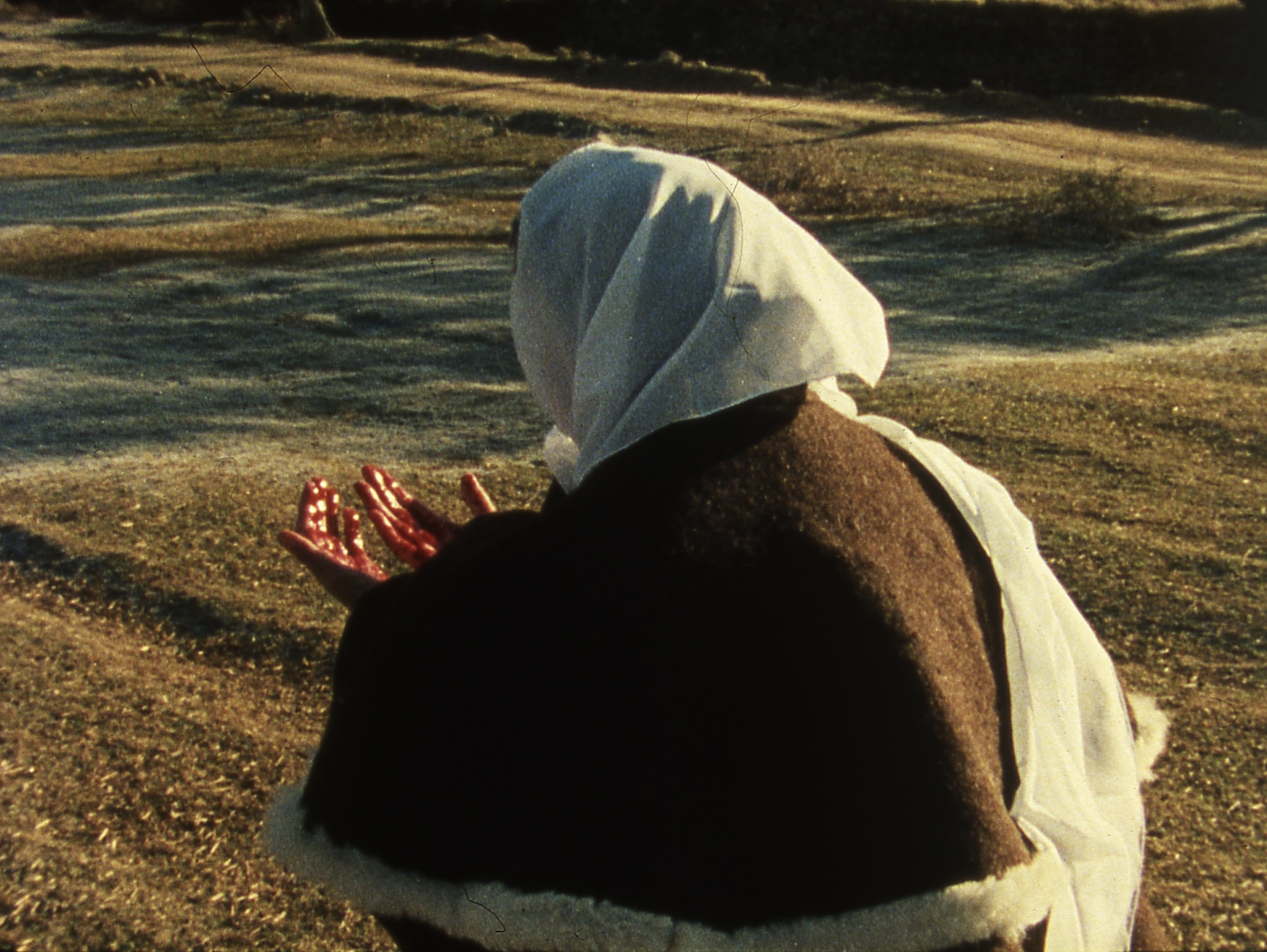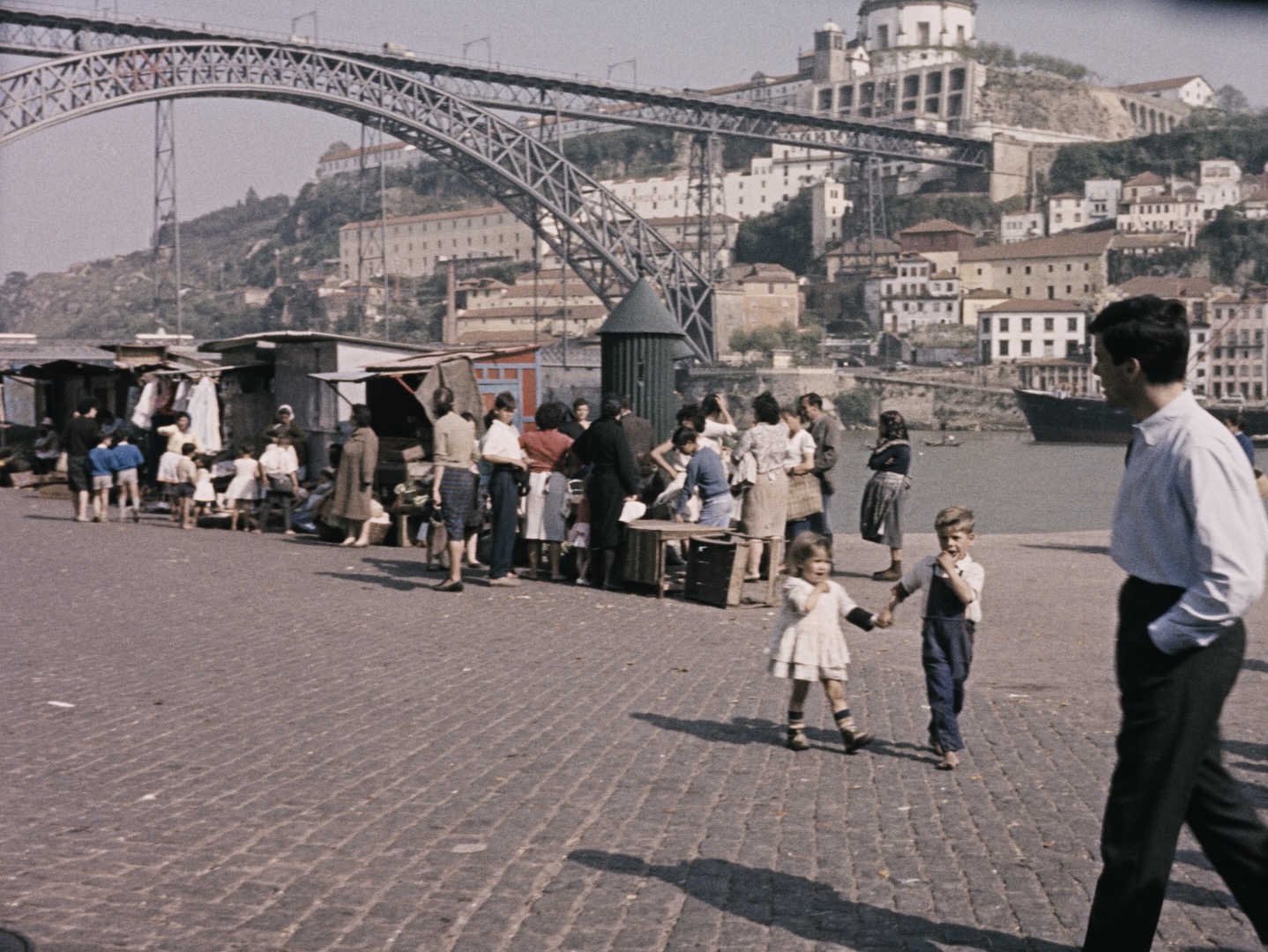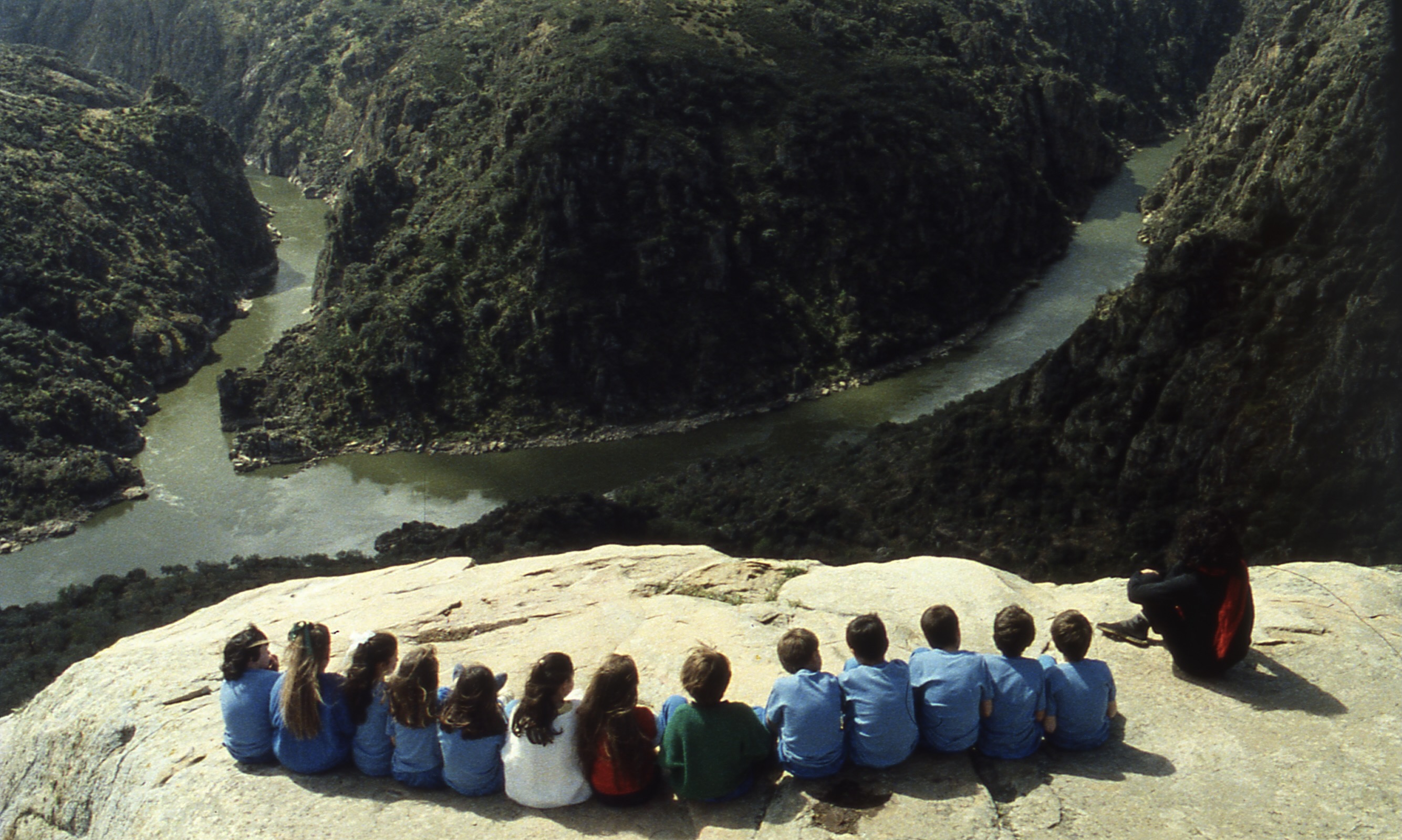Peasants of the Cinema: António Reis & Margarida Cordeiro
Programmed by: Edward McCarry, Graham Carter of The Theater of the Matters
Largely unknown outside Portugal, filmmakers António Reis (1927-1991) and Margarida Cordeiro (b. 1939) are legendary figures in their native country. Reis was a poet and an ethnographer; Cordeiro, a psychiatrist by trade. Across the four films they made together, the duo forged a cinema of profound commitment deeply rooted in the language, labors, myths, dreams, and material realities of a land and a people;namely, the peasants of Trás-os-Montes in Portugal’s remote Northeast. With one foot firmly anchored in the earth and the other in the cosmos, Reis and Cordeiro conjure up the deep, cyclical time of folk tradition. Their films are a collision of documentary and poetry, fact and fabulation, the ancient and the avant-garde, a vertigo of contradictions at once harmonious and sharply unreconciled. Employing simple and direct means, their work is all the more mystical for being so concrete. “Here and nowhere else. Here and anywhere else” — this is the paradoxical space-time of their films in the words of Serge Daney. Emerging in the years after the Carnation Revolution of 1974, their poetic-ethnographic filmmaking permanently shook the foundations of Portuguese cinema. It was a formative influence on Pedro Costa, for one: “I had a teacher, António Reis, who believed in stones, in nature. He was a pantheist. He was an animal.” A cult of Reis and Cordeiro has persisted in time, however secretly, with the likes of Jacques Rivette, Marguerite Duras, João César Monteiro, Jean-Marie Straub, Danièle Huillet, Robert Kramer, Jean Rouch, and Joris Ivens among them. Today, these works endure as hieroglyphs of an entirely new ethic and aesthetic of film, waiting to be found and put into practice. We are proud to present all their surviving films in this rare and comprehensive retrospective.
Digitization of all films by Cinemateca Portuguesa - Museu do Cinema.
Ana (1982)

Margarida Cordeiro, António Reis · 115m · DCP
Ana is an elderly matriarch who cares for her family in the mountains of Trás-os-Montes. As her grandchildren grow, Ana’s death looms. With nonlinear scenes resembling reminiscences and rituals, and fragments of poems by Rilke, Ana manifests a link from the individual to the collective toils of people, and from the collective to the earth. The film sustains the atmosphere of a chamber piece, even as it opens to vast landscapes and eternity.
4k restoration.
Saturday, February 22nd 4:00 PM
Trás-Os-Montes / Painéis Do Porto (1976 / 1963)

Margarida Cordeiro, António Reis / António Reis, César Guerra Leal · 108m / 20m · DCP
In 1974, while traveling through an isolated region of Northeast Portugal, Reis and Cordeiro recruited inhabitants to materialize their histories, legends, dreams, and nightmares for the camera. The rebellion of the peasants, their distance from church and state, and their closeness to the ancient inform the film’s dialectical approach. An act of solidarity with a people facing extinction, Trás-os-Montes echoes through time. Preceded by Painéis Do Porto.
2k restoration.
Wednesday, February 26th 7:00 PM · Saturday, March 1st 4:00 PM
Jaime / Rosa De Areia (1974 / 1989)

António Reis, Margarida Cordeiro · 35m / 87m · DCP
Reis and Cordeiro’s final film is a work of sensuous abstraction performed in the open air of Trás-os-Montes. In Reis’s words, “Rosa de Areia is but a torrent: it disappears in a slow rotation, a slow translation, moved by the rebellious energy of cinematographic forms.” Jaime is Cordeiro and Reis’s first collaboration, a record of a farm laborer admitted to a sanatorium at 38 who spent the rest of his days there, turning to drawing late in life.
4k restoration. The rescreening of Rosa de Areia will be preceded by Do Céu ao Rio.






